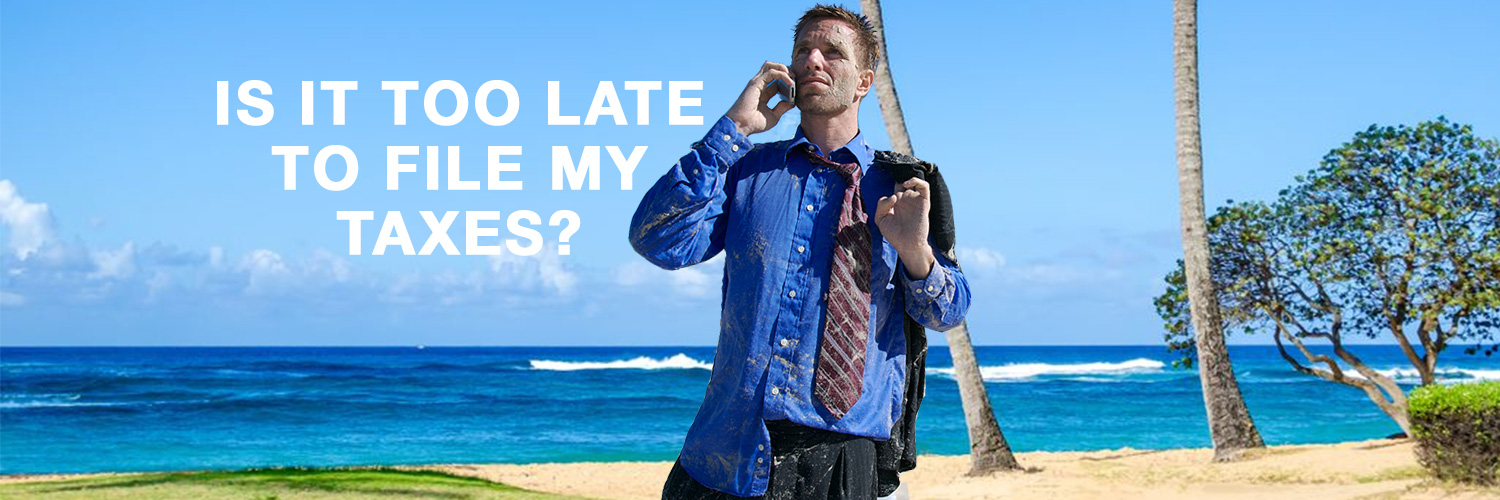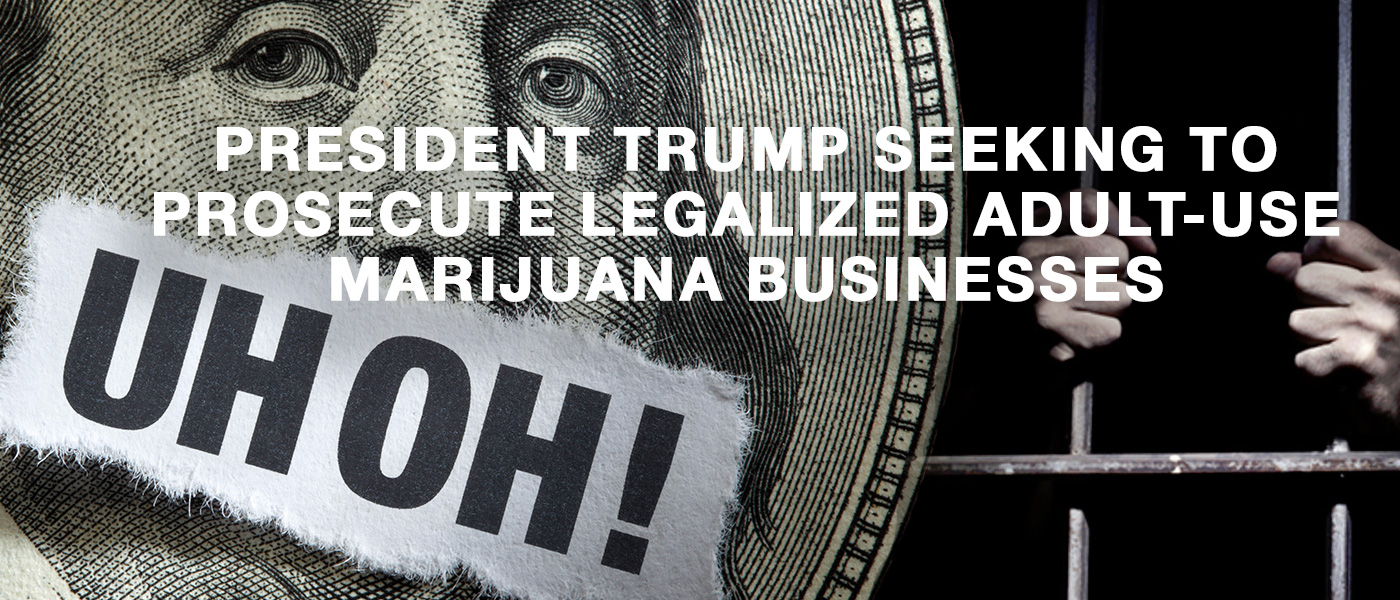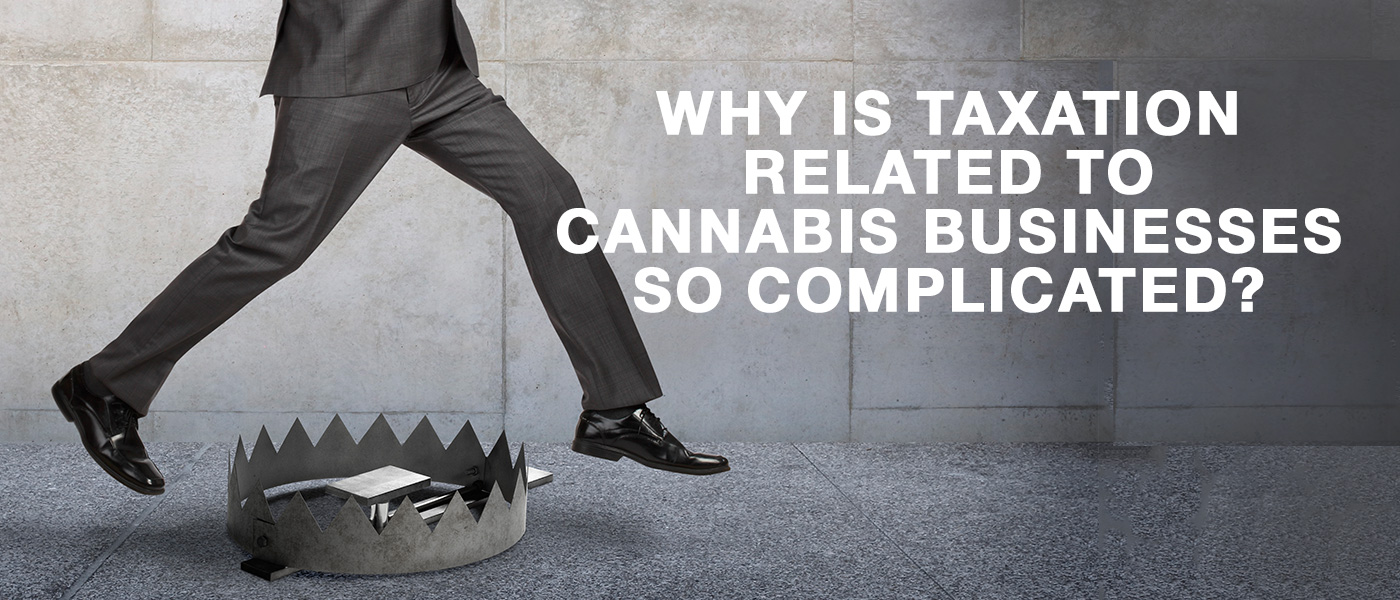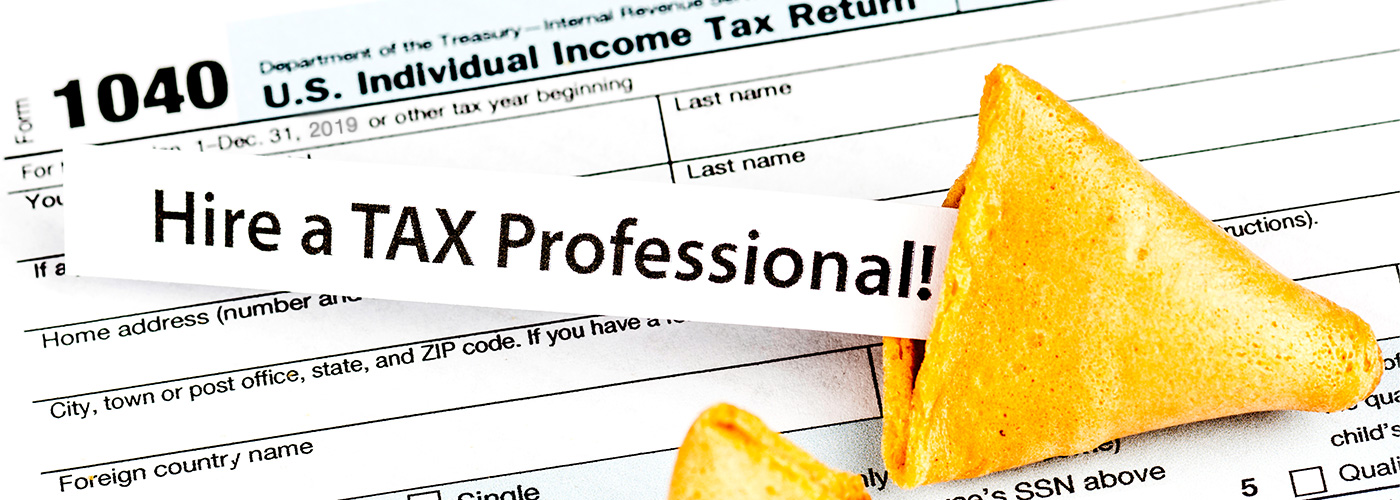Weedmaps Under Pressure To Disclose Cannabis Businesses To The Feds
Eastern District of California seeks documents on roughly 30 companies from cannabis-retail listing service Weedmaps, according to grand-jury subpoena.
According to a report from MarketWatch prosecutors in the U.S. attorney’s office for the Eastern District of California ordered the production of records from Ghost Management Group LLC, which owns a subsidiary called Weedmaps that provides an online directory of cannabis retailers. Weedmaps’ online services allow pot consumers to rate and compare stores, find deals and place orders for delivery.
The subpoena covers documents related to cannabis businesses listed on Weedmaps, and records related to its ordering service. Prosecutors also sought documents and other records kept by Weedmaps related to its own staff, investors and accounting, according to the subpoena issued late last year.
While Weedmaps does not sell cannabis but merely serves that industry by providing an advertising service, such action by the Department Of Justice (“DOJ”) to go after third parties providing ancillary services to the cannabis industry is very chilling.
Cannabis Is Illegal Under Federal Law.
It is enough that a cannabis businesses have to face the fact that under 21 U.S.C. § 812 (known as the Federal Controlled Substances Act), the Federal government classifies marijuana as a Schedule 1 substance with a high potential for abuse, no currently accepted medical use in treatment, and lack of accepted safety for use under medical supervision.
The federal penalties for possession of any amount of marijuana are as follows:
- First Offense – Misdemeanor involving up to one year of incarceration and $1,000 in fines
- Second Offense – Misdemeanor punishable by 15 days to 2 years behind bars and $2,500 in fines
- Third and subsequent offenses – Misdemeanor or felony punishable by 90 days to 3 years of incarceration and fines of up to $5,000.
The penalties for the sale of marijuana depend on the amount of marijuana you have been accused of selling or attempting to sell:
- Less than 50 kilograms – Felony punishable by up to 5 years in prison and/or up to $250,000 in fines
- 50 to 99 kilograms – Felony punishable by up to 20 years in prison and/or fines of up to $1,000,000
- 100 to 999 kilograms – Felony involving 5 to 40 years incarceration and/or fines of up to $2,000,000
- 1000 kg and up – Felony carrying a sentence of 10 years to life in prison and/or up to $4,000,000 in fines
As for the cultivation of marijuana, the federal authorities punish it on the basis of the number of plants you were caught growing:
- Less than 50 plants – Felony punishable by up to 5 years in prison and/or up to $250,000 in fines
- 50 to 99 plants – Felony punishable by up to 20 years in prison and/or up to $1,000,000 in fines
- 100 to 999 plants – Felony carrying a 5 to 40-year prison sentence and/or fines of up to $5,000,000
- 1,000 plants or more – Felony involving 10 years to life in prison and/or fines of up to $10,000,000
With aggravating factors such as a trafficking activity that results in an injury or death, a sale within 1,000 feet of a school, or a case involving five grams sold to a minor, the above penalties may increase dramatically but the fact that a cannabis business is properly licensed by the State can be a mitigating factor decreasing these penalties.
Risk To Being Shut Down And Assets Seized By Your Local Federal District Attorney
On January 4, 2018 former Attorney General Jeff Sessions rescinded what was known as the “Cole Memo”.
The Cole Memo which came out of the DOJ under the Obama administration in 2013, directed U.S. Attorneys to use discretion to prioritize certain types of violations in prosecuting cannabis operators, but, strictly speaking, it did not make operations in cannabis legal.
The Cole Memo included eight factors for prosecutors to look at in deciding whether to charge a medical marijuana business with violating the Federal law:
- Does the business allow minors to gain access to marijuana?
- Is revenue from the business funding criminal activities or gangs?
- Is the marijuana being diverted to other states?
- Is the legitimate medical marijuana business being used as a cover or pretext for the traffic of other drugs or other criminal enterprises?
- Are violence or firearms being used in the cultivation and distribution of marijuana?
- Does the business contribute to drugged driving or other adverse public health issues?
- Is marijuana being grown on public lands or in a way that jeopardizes the environment or public safety?
- Is marijuana being used on federal property?
But now that the Cole Memo has be rescinded, federal prosecutors in cannabis legal states will now be free to decide how aggressively they wish to enforce federal marijuana laws. While State law and public acceptance of marijuana usage may temper federal prosecutors’ aggressiveness, this risk of seizure and shutdown is still real and for those cannabis businesses that are not licensed by the State, not only will they rise to the top of the Federal District Attorney’s list but also by State authorities. Criminal prosecution is also possible at both the Federal and State levels so it is important to have qualified legal counsel lined-up and available to intervene.
What Should You Do?
Considering the risks of cannabis you need to protect yourself and your investment, especially if you are not holding a valid license with the State. Level the playing field and gain the upper hand by engaging a Cannabis Tax Attorney at the Law Offices Of Jeffrey B. Kahn, P.C. located in Orange County (Irvine), the Inland Empire (Ontario and Palm Springs) and other California locations. We can come up with solutions and strategies to these risks and protect you and your business to maximize your net profits. And if you are involved in crypto currency, check out what a Bitcoin Tax Attorney can do for you.











 Follow
Follow Follow
Follow